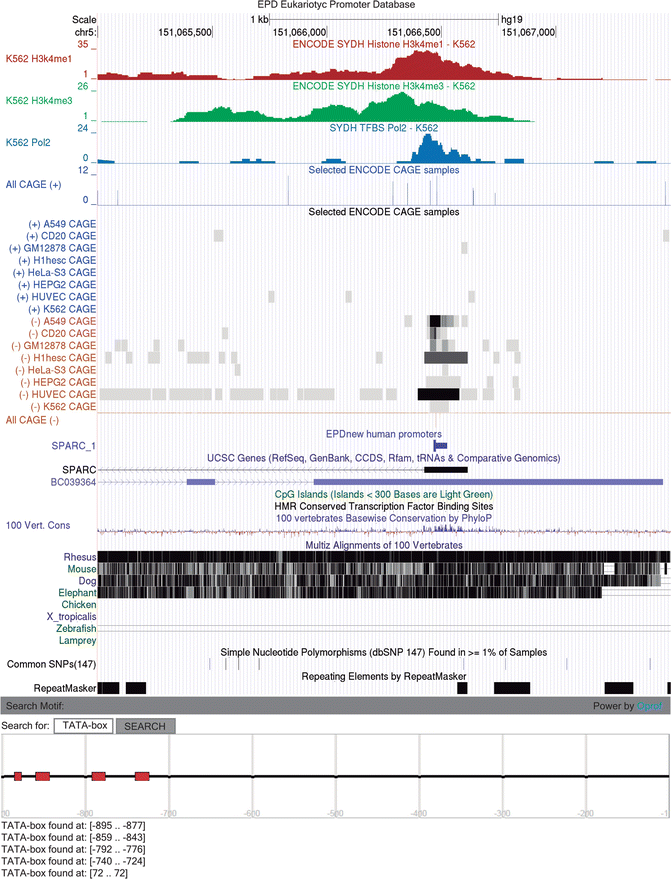Download Software Keuangan Sekolah Gratis1481758
The Malay language contains many compound nouns i.e. Nouns which are made up of two separate words. English also has compound nouns: § house + wife > housewife § wall + paper > wallpaper In English, sometimes these compound words are written as one word, as in the examples above, or with hyphens (e.g. Freeze-dried) or placed together but not joined (e.g.
Feb 15, 2013 • Mendorong sekolah untuk senantiasa menerapkan manajemen sekolah yang partisipatif, transparan dan akuntabel.KEMUNGKINAN KEBERLANJUTANKemungkinan keberlanjutan sistem pengelolaan keuangan sekolah di KotaMagelang ini sangat tinggi karena telah memiliki dasar hukum yang kuat, yaitu: • Peraturan Pemerintah Nomor 105 Tahun 2000 tentang. Malay for Beginners. Search this site. Guide to Pronunciation. Syabas 1: Contents. Unit 01: Selamat Datang. Unit 02: Dari mana? Unit 03: Nombor. Unit 04: Keluarga. Setiap hari kami ada perhimpunan sekolah pada pukul lapan pagi. Kelas yang pertama pada hari Isnin ialah muzik. Kelas itu bermula pada pukul lapan suku.
Dining room). This can cause some headaches for foreigners learning English but, for learners of Malay, all compound nouns – with just a handful of exceptions – are always written as two separate words. What you have to remember, however, is that compound nouns are written in the opposite way to English. § class [1] room [2]: bilik [2] kelas [1] § beg sekolah: school bag § pensel warna: colour pencil 5.6 Try not to look at the vocabulary list and match up the first and second parts of the compound words. Then give the English translations and compare the English and Malay so that you see they are written in the opposite way from each other. Bahasa Inggeris 2.
Teks 5.7 Using a dictionary to help you, work out the meanings of these compound nouns; one part of each noun has already appeared in the vocabulary list above. • pemadam api • peta dunia • beg tangan • kerusi roda • meja tulis • kedai buku • bas sekolah • wang kertas • jam tangan • kamus dwibahasa. In Unit 4 we talked about prefixes and suffixes, groups of letters which can be attached to the beginning or the end of a root word, changing its meaning, for example ‘umur’ > ‘ berumur’. Usually, even if the word has a prefix or a suffix, it will still have some link in meaning to the root word itself.
This is very useful as, even if you are not sure what the word means with its prefix or suffix, you can still to guess the meaning of the new word based on the meaning of the root word. A good example of this is the word ajar, a root word meaning ‘teach’. Using the dictionary to help you, find out the English meanings of the following words. What you must do is look up ajar because all the forms with prefixes and suffixes will be listed there. Once you have done this exercise you will see how the words with prefixes and suffixes, although they all have their own meanings, still have a link to the root word. • ajar an • bel ajar • berpel ajar an • meng ajar • pel ajar • pel ajar an • peng ajar DON’T PANIC!
You don’t have to learn all these prefixes and suffixes just now. However, as the course continues, you must get used to looking up the root forms of words in dictionaries. You have already used belajar ‘study’.
Now let’s practise using a different prefix: mengajar to teach (e.g. A school subject) • Encik Ali mengajar bahasa Melayu.
Ali teaches Malay. • Puan Liew mengajar kimia. Liew teaches chemistry.
• Cik Raymond mengajar pendidikan jasmani. • Miss Raymond teaches P.E. • Write sentences about five of your teachers, saying what subject they teach. Don't forget to give them their proper title (Cik, Encik, Puan).
5.21 Which of the three sentences is the correct Malay version of the English sentence? Ahmad studies Malay. • Ahmad belajar bahasa Melayu. • Ahmad mengajar bahasa Melayu. • Ahmad ialah pelajar bahasa Melayu. Miss Ali teaches P.E. • Cik Ali belajar pendidikan jasmani.
• Puan Ali mengajar pendidikan jasmani. • Cik Ali mengajar pendidikan jasmani. Aziz was born in Brunei.
• Aziz dilahirkan di Brunei Darussalam. • Aziz tinggal di Brunei Darussalam.
• Aziz belajar sejarah Brunei Darussalam. He comes from Singapore. • Dia tinggal di Singapura.
• Dia berasal dari Singapura. • Dia tidak berbangsa Singapura. My elder brother is a driving instructor. • Abang saya pengajar memandu. • Adik saya pengajar memandu. • Bapa saya pengajar memandu.
What subject do you like?  • Apakah mata pelajaran yang kamu suka? • Apakah mata pelajaran yang kamu mengajar? • Apakah mata pelajaran yang kamu belajar? She’s called Li. She has blue eyes and long hair.
• Apakah mata pelajaran yang kamu suka? • Apakah mata pelajaran yang kamu mengajar? • Apakah mata pelajaran yang kamu belajar? She’s called Li. She has blue eyes and long hair.